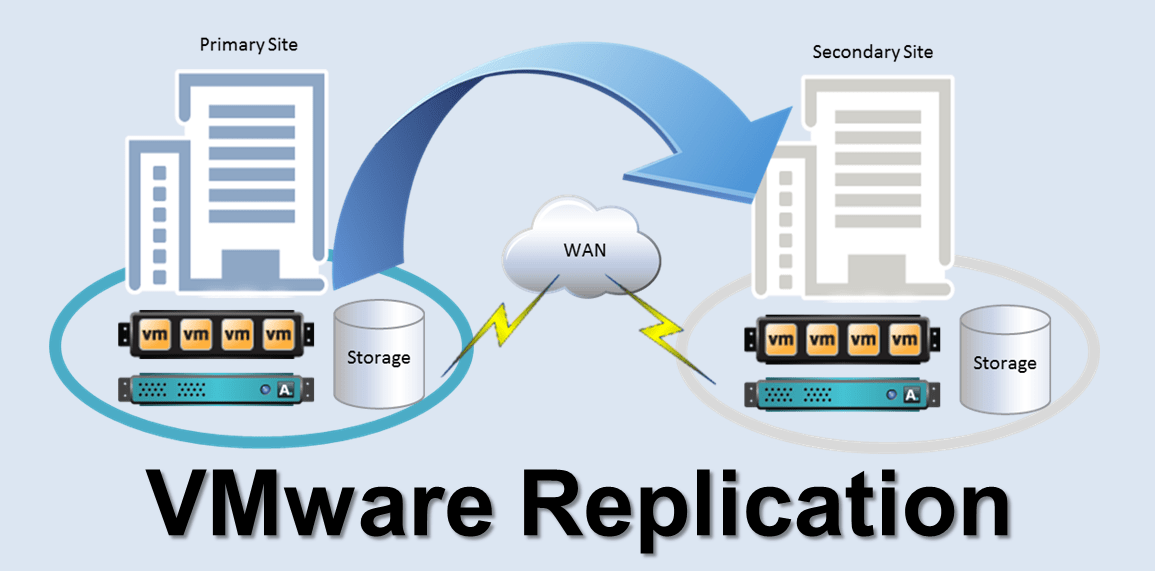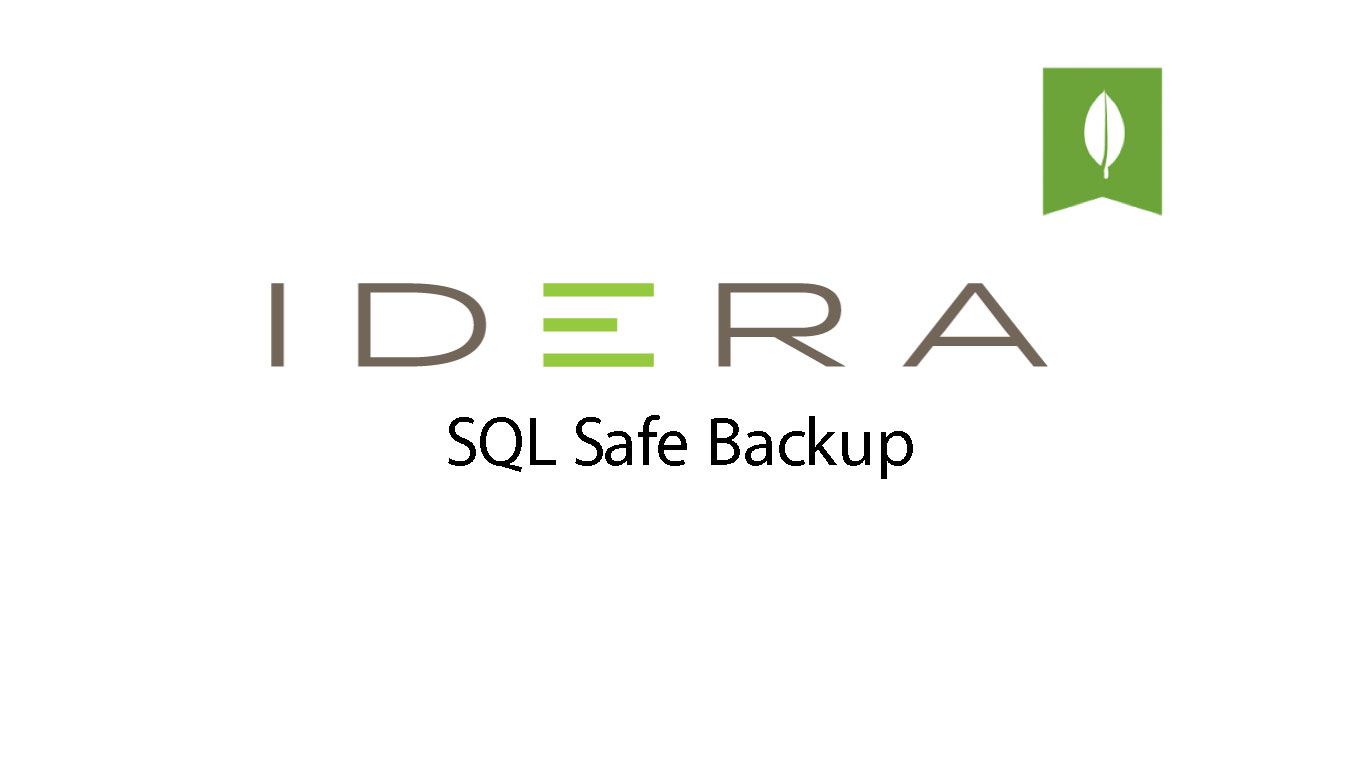Overview: Network File System (NFS) is a distributed file system protocol that allows users to access files over a network as if they were on their local storage. NFS is designed to improve performance, security, and ease of use compared to its predecessors. It is widely used in enterprise environments for sharing files across different systems and platforms. Key Features:
- Integrated Security: NFS includes built-in support for strong security mechanisms, including Kerberos authentication, integrity, and privacy. This ensures secure access to files over the network.
- Stateful Protocol: Unlike previous versions, NFS is a stateful protocol, which means it maintains the state of client-server interactions. This allows for better performance and reliability.
- Improved Performance: NFS introduces several performance enhancements, including support for compound operations, which reduce the number of round trips between the client and server.
- File Locking: Enhanced file locking mechanisms to ensure data consistency and integrity. NFS supports both mandatory and advisory locking.
- Delegation: NFSv4 supports file delegation, allowing clients to cache file data locally and perform operations without immediate server interaction. This reduces latency and improves performance.
- Cross-Platform Compatibility: NFS is designed to be compatible with various operating systems, including Linux, Unix, and Windows, making it a versatile choice for heterogeneous environments.
- UTF-8 Support: Full support for UTF-8 encoding, ensuring proper handling of international character sets and filenames.
- ACLs (Access Control Lists): NFSv4 includes support for Access Control Lists, providing fine-grained control over file permissions and access rights.





